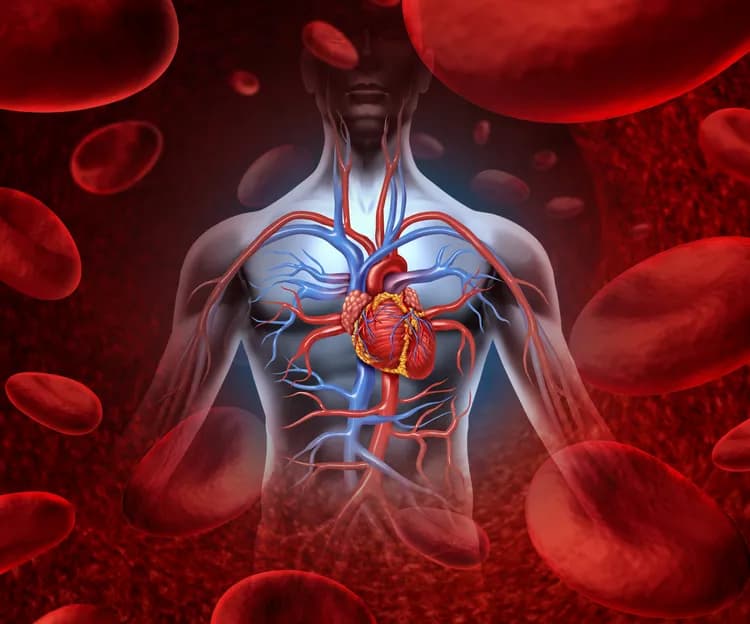
Slow Heart Rate Does Not Increase Risk Of Heart Disease
Bradycardia -- a slower than normal heartbeat -- does not increase the risk of developing cardiovascular disease, according to a study conducted by researchers at Wake Forest Baptist Medical Center. The study is published in the Jan.19 online edition of the Journal of American Medical Association Internal Medicine.
"For a large majority of people with a heart rate in the 40s or 50s who have no symptoms, the prognosis is very good," said Ajay Dharod, M.D., instructor in internal medicine at Wake Forest Baptist and corresponding author of the study. "Our results should be reassuring for those diagnosed with asymptomatic bradycardia."
The heart usually beats between 60 and 100 times a minute in an adult at rest. But with bradycardia, the heart beats fewer than 50 times a minute. The condition can cause light-headedness, shortness of breath, fainting or chest pain due to the heart not pumping enough oxygen-rich blood through the body.
However, until now, there had not been any research to determine if a slow heart rate contributed to the development of cardiovascular disease.
In the Wake Forest Baptist study, the scientists conducted an analysis of 6,733 participants in the Multi-Ethnic Study of Atherosclerosis (MESA). This study, which was sponsored by the National Heart Lung and Blood Institute, included men and women ages 45 to 84 who did not have cardiovascular disease when first recruited into this study, but who may have been on heart rate-modifying medications frequently used to treat hypertension. Study participants were followed for more than 10 years to monitor cardiovascular events and mortality.
The researchers found that a heart rate (HR) of less than 50 was not associated with an elevated risk of cardiovascular disease in participants regardless of whether they were taking HR-modifying drugs, such as beta blockers and calcium channel blockers.
However, the study did show a potential association between bradycardia and higher mortality rates in individuals taking HR-modifying drugs.
"Bradycardia may be problematic in people who are taking medications that also slow their heart rate," Dharod said. "Further research is needed to determine whether this association is causally linked to heart rate or to the use of these drugs."
The above post is reprinted from materials provided by Wake Forest Baptist Medical Center. Note: Materials may be edited for content and length.
Disclaimer: DoveMed is not responsible for the adapted accuracy of news releases posted to DoveMed by contributing universities and institutions.
Primary Resource:
Dharod, A., Soliman, E. Z., Dawood, F., Chen, H., Shea, S., Nazarian, S., & Bertoni, A. G. (2016). Association of Asymptomatic Bradycardia With Incident Cardiovascular Disease and Mortality: The Multi-Ethnic Study of Atherosclerosis (MESA). JAMA internal medicine, 219-227.
Related Articles
Test Your Knowledge
Asked by users
Related Centers
Related Specialties
Related Physicians
Related Procedures
Related Resources
Join DoveHubs
and connect with fellow professionals

0 Comments
Please log in to post a comment.